Radical Dharma: Talking Race, Love, and Liberation
by Angel Kyodo Williams and Lama Rod Owens, Jasmine Syedullah
The book arose from conversations between Rev. angel Kyodo williams, Lama Rod Owens, and Jasmine Syedullah as they traveled around the U.S. facilitating dialogues in dharma communities about confronting racism and white supremacy with compassion and spiritual wisdom. The book combines essays from each author along with transcripts from their public dialogues.
Key themes include:
The importance of having difficult conversations about race, identity, and oppression within spiritual communities. Communities often avoid these issues to maintain comfort.
Exploring the intersections between spirituality, social justice, healing personal and collective trauma, and liberation.
Critiquing the ways dharma communities in the West, while professing wisdom and compassion, still perpetuate racism and exclusion of marginalized identities.
Embodying one's full, authentic identity - race, gender, sexuality - is integral to the path of liberation. Bypassing these parts of ourselves reinforces oppression.
Spiritual practice must address both personal transformation and collective social liberation. Without inner change, no outer change matters.
Disrupting business as usual in our lives and communities from a place of love in order to reveal and heal internalized oppression and complicity with unjust systems.
Resurrecting the Black prophetic tradition of fierce truth-telling and radical love as a model for contemporary spiritual activism.
Imagining a "new dharma" that draws from diverse wisdom traditions and emerging fields to address the unique struggles of our times with spiritual depth and political engagement.
The book ultimately calls for a radical, embodied, intersectional approach to dharma and activism that has the power to ignite both personal and social transformation. It provides a poignant inquiry into doing the uncomfortable inner and outer work required for collective liberation.
